The fight against breast cancer has made some significant strides over the past several years. Overall, cancer deaths have decreased by 20 percent during the past 20 years according to the American Cancer Society. Plus incidence rates for breast cancer have stayed relatively stable during the past couple years. Yet reports are showing that metastatic breast cancer among young women is actually on the rise. What does that mean for young breast cancer patients, and what should young women in general be watching out for? We’ve got some answers . . .
Metastatic Breast Cancer Among Young Women Increasing
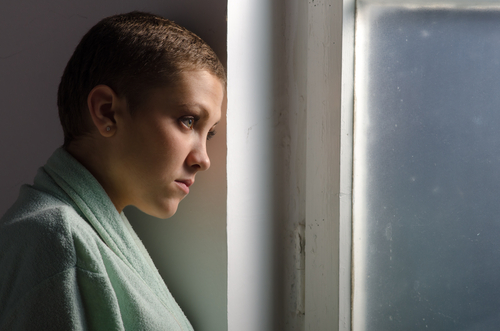
Metastatic breast cancer is breast cancer that spreads to other parts of the body. According to reports from the Journal of the American Medical Association, there was a 3.6 percent increase in the number of women in the United States who were diagnosed with metastatic breast cancer between 2000 and 2009. These women were all between the ages of 25 and 39 when they were diagnosed. These reports also noted a slight increase of metastatic breast cancer among women between 40 and 45. Women over the age of 45 did not experience any increase.
Sadly, this trend is not new. Medical professionals began seeing a gradual increase of metastatic breast cancer among young women in the 1970s. But it wasn’t until recently that these increases became more rapid.
So, why is this trend happening?
Possible Reasons for This Trend
There have not been many studies focused on finding the reason why younger women are developing metastatic breast cancer at a higher rate. But that doesn’t stop medical professionals from forming their own opinions. We summed up a few of their speculations . . .
Decreased Attention to Signs
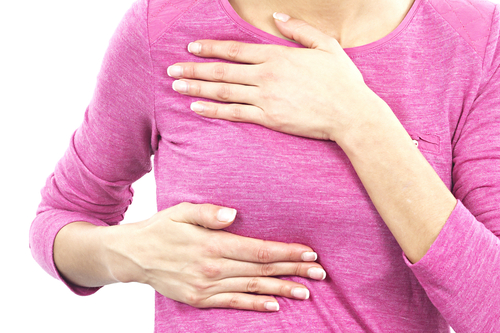
Since both physicians and younger women do not expect to find breast cancer, they may pay less attention to the signs of breast cancer. Finding a lump in the breast is often the first way women discover they have breast cancer. Unfortunately, these lumps may go ignored. This gives existing breast cancer more time to develop and spread.
Early Puberty
Compared to the past, girls are entering puberty at a much younger age. The risk of developing breast cancer increases when girls start menstruating at an early age. Professionals are unsure whether this is causing the increase in metastatic breast cancer. But they still believe there might be a connection between the two.
More Aggressive Breast Cancer
When younger women do develop breast cancer, it’s often more aggressive. Cancer in women between the ages of 25 and 39 often grows at a significantly faster rate than it does in older women. By the time women find signs of breast cancer and are diagnosed, tumors may have already spread to the bones and other organs. Within this age group, women have a 40 percent higher risk of dying from breast cancer.
Hormones
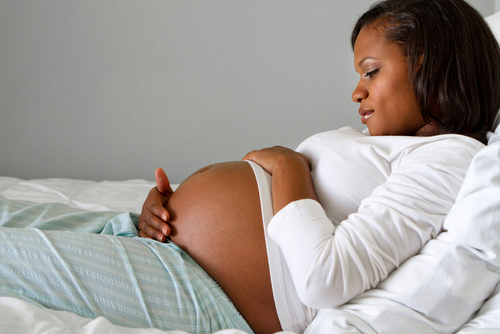
We discussed this in a previous article. But breast cancer among younger women is different. A notable risk factor among younger women is related to childbirth. Within the first ten years of giving birth, women have a higher risk of developing breast cancer if they only have one child. Interestingly, the risk disappears if she has more than one child. Further, having your first child after the age of 35 increases your risk even more than having only one at a younger age. Studies also show that some types of hormonal birth control are related to breast cancer (see below under the heading, Lifestyle Suggestions Particular to Young Women, for more information).
What You Can Do
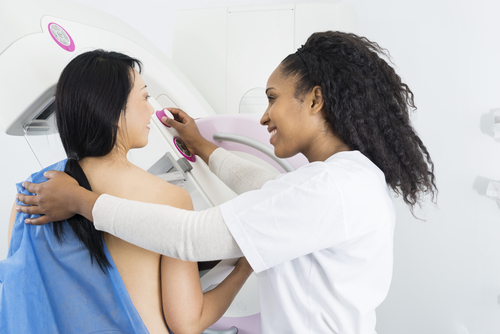
Although these increases are troubling, the risk of developing breast cancer as a younger women is still much lower than for older women.
The American Cancer Society doesn’t recommend that women between the ages of 25 and 39 get routine breast cancer screenings. However, women with a special risk factor, such as a family history or presence of a BRCA gene, should be checked regularly.
If you’re concerned about developing breast cancer as a young woman, there is no harm in checking yourself. Don’t ignore any signs you may find and pay special attention to your unique risk factors. You can also ask your physician about specific things you can do to reduce your risk.
Lifestyle Suggestions Particular to Younger Women
In terms of lifestyle, breastfeeding has been shown to reduce the incidence of breast cancer after a woman has done it for at least one year. The risk decreases further if a woman breastfeeds for more than one year. Breastfeeding is particularly good at reducing the chances of estrogen receptor-negative breast cancer, including triple negative breast cancer. See the fact sheet at Komen for more info.
Since the combined (estrogen and progesterone) birth control pill is linked to a slightly higher risk of breast cancer (see this Cancer.org fact sheet for more info), you may benefit by changing to a different artificial or natural method of birth control. Apparently, the risk disappears ten years after discontinuing the pill. If you’re using the pill for health reasons, you may be able to find other ways to treat the underlying problems, such as with progestin cream or diet and lifestyle changes. Remember to consult your doctor when considering these changes!
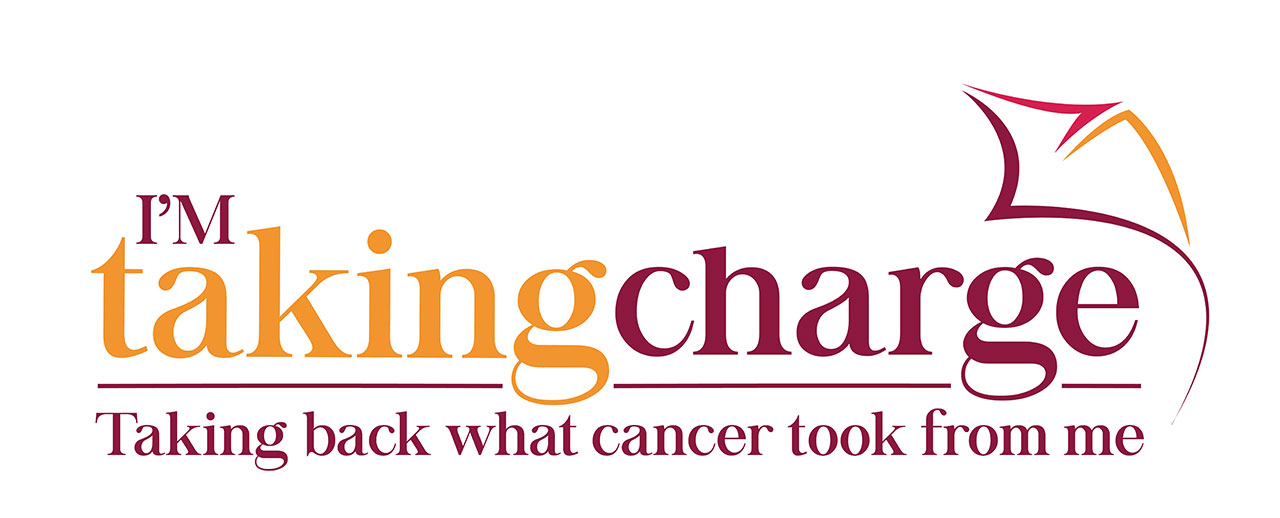

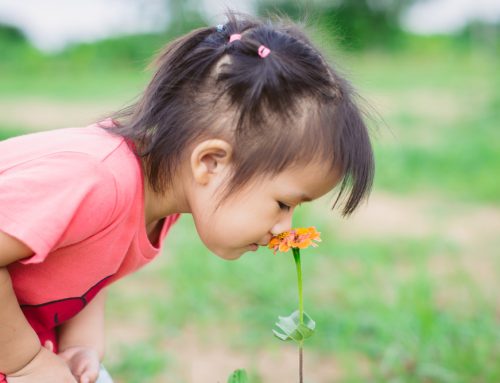
![Her Art Was Her Therapy During Cancer – It Became Her Career [Podcast Ep. 22]](https://imtakingcharge.com/wp-content/uploads/2018/07/shutterstock_778752193-500x383.jpg)
![Against the Grain: A Young Mom’s Mastectomy Without Reconstruction [Podcast Ep. 20]](https://imtakingcharge.com/wp-content/uploads/2018/06/Optimized-tim-marshall-57665-unsplash-500x383.jpg)


Leave A Comment